Table of contents
Guide



Published by
World Scientific Publishing Co. Pte. Ltd.
5 Toh Tuck Link, Singapore 596224
USA office: 27 Warren Street, Suite 401-402, Hackensack, NJ 07601
UK office: 57 Shelton Street, Covent Garden, London WC2H 9HE
Library of Congress Cataloging-in-Publication Data
Names: Takagi, Soichiro, author.
Title: Deframing strategy : how digital technologies are transforming businesses and organizations, and how we can cope with it / Soichiro Takagi, University of Tokyo, Japan.
Description: New Jersey : World Scientific, [2022] | Includes bibliographical references and index.
Identifiers: LCCN 2021034617 | ISBN 9789811243691 (hardcover) | ISBN 9789811243707 (ebook) | ISBN 9789811243714 (ebook other)
Subjects: LCSH: Business--Technological innovations. | Organizational change---Management. | Technological innovation--Economic aspects. | Disruptive technologies.
Classification: LCC HD45 .T349 2022 | DDC 658.4/062--dc23
LC record available at https://lccn.loc.gov/2021034617
British Library Cataloguing-in-Publication Data
A catalogue record for this book is available from the British Library.
Copyright 2022 by World Scientific Publishing Co. Pte. Ltd.
All rights reserved. This book, or parts thereof, may not be reproduced in any form or by any means, electronic or mechanical, including photocopying, recording or any information storage and retrieval system now known or to be invented, without written permission from the publisher.
For photocopying of material in this volume, please pay a copying fee through the Copyright Clearance Center, Inc., 222 Rosewood Drive, Danvers, MA 01923, USA. In this case permission to photocopy is not required from the publisher.
For any available supplementary material, please visit
https://www.worldscientific.com/worldscibooks/10.1142/12453#t=suppl
Desk Editors: Balamurugan Rajendran/Sandhya Venkatesh
Typeset by Stallion Press
Email:
Printed in Singapore
About the Author
 Soichiro Takagi is an Associate Professor at Interfaculty Initiative in Information Studies at The University of Tokyo. He also serves as a fellow at the Art Center of The University of Tokyo and a senior research fellow at Center for Global Communications (GLOCOM) at International University of Japan (IUJ). Through his career, he served as a Professor and the Director of Blockchain Economic Research Lab at GLOCOM, and an Asia Program Fellow at Harvard Kennedy School, etc.
Soichiro Takagi is an Associate Professor at Interfaculty Initiative in Information Studies at The University of Tokyo. He also serves as a fellow at the Art Center of The University of Tokyo and a senior research fellow at Center for Global Communications (GLOCOM) at International University of Japan (IUJ). Through his career, he served as a Professor and the Director of Blockchain Economic Research Lab at GLOCOM, and an Asia Program Fellow at Harvard Kennedy School, etc.
His major field is information economics and digital economy, focusing on the relationship among information technology, organizations, and the economy. He has examined a variety of topics including offshore outsourcing, cloud computing, open data, sharing economy, digital currency, blockchain, and digital platforms. He has authored many books and articles, including Reweaving the Economy: How IT Affects the Borders of Country and Organization (University of Tokyo Press) and Blockchain Economics: Implications of Distributed Ledgers (World Scientific, co-authored). He received the KDDI Foundation Award in 2019. He received a Ph.D. in information studies from The University of Tokyo.
Acknowledgments
The author thanks all the following experts for inspiring discussions in the course of writing this book. I obtained precious knowledge on the development of platform businesses and the strategies of the software industry from Professor Marshall Van Alstyne at Boston University, and Professor Michael A. Cusumano at the Massachusetts Institute of Technology. I gained knowledge on the latest development of IT business in China from Associate Professor Asei Ito at The University of Tokyo, and Mr. Takeshi Yamaya, an IT journalist covering Asia, as well as Ms. Weilin Zhao, a senior researcher at the Itochu Research Institute. I owe my knowledge on the development of technological architecture to Mr. Takuya Oikawa, CEO of Tably, Co., and great insights on value creation and circulation in local communities to Professor Hideyuki Tanaka at The University of Tokyo and Chief Digital Officer Yasushi Fujii at Nishiaizu Town. I also thank Ms. Mayumi Morinaga at Hakuhodo DY Media Partners for their valuable comments on influencer marketing. I acknowledge that members of GLOCOM at the International University of Japan contributed to the contents not only by providing information but also by giving me valuable comments on the contents of the book. I thank Mr. Yasuo Kyobe at Shoeisha for his acceptance of the publication as well as valuable comments on the contents for the original Japanese version. My sincere gratitude goes to Ms. Amirova Nargiza, Ms. Venkatesh Sandya, and Mr. Balamurugan Rajendran of World Scientific group for the decision of publication and editorial works for the English version. A part of the book is based on research supported by JSPS Kakenhi JP15K00460. I thank all the people involved for their support and cooperation.
Contents
Introduction
The aim of this book is to reveal the fundamental impact of digitalization on businesses and the economy. As a key to understanding this fundamental impact, this book proposes the concept of Deframing.
Deframing is a framework for understanding the social and economic impact of various digital technologies. It is also a basic force to transform a wide range of economic aspects such as business models, corporate strategy, workstyle, career design, and how to learn. Deframing is a made-up word, which represents the collapse of existing frames, and is an indispensable viewpoint to foresee how society will change in the coming future.
Deframing illustrates and explains phenomena in which internal elements in existing frames of products, services, and organizations are dissolved and reintegrated beyond traditional frames, thus enabling the provision of optimized services for others. In other words, existing frames of services and organizations are disappearing in the deframing age. Products and services are transformed from a packaged form designed to satisfy everybodys demand moderately, to more specifically optimized ones for each user. It applies not only to products but also business organizations. From the workers perspective, an increasing number of people conduct business as individuals by taking advantage of their skills and resources, instead of working as an employee of existing frames of companies.
These phenomena are already observed universally in society. For example, when you buy your shoes, it is possible to design and customize as you like and order them instead of browsing through many stores looking for shoes that fit your preferences. It is also possible to make hardware with a small number of units based on your preferences and designs. In other cases, social networking services are transforming themselves from simple communication platforms to platforms where individuals can advertise as influencers and sell products, replacing traditional channels such as advertising media and retail stores. Using crowdsourcing platforms, individuals are taking over the business that was previously conducted only by professional firms, such as in the software and design sectors.

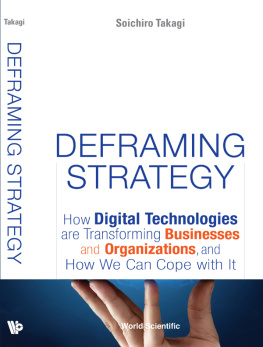
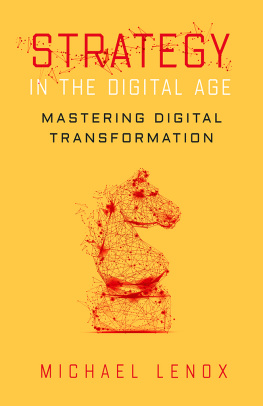


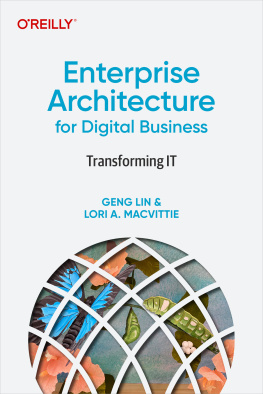
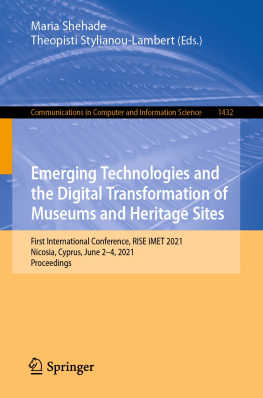

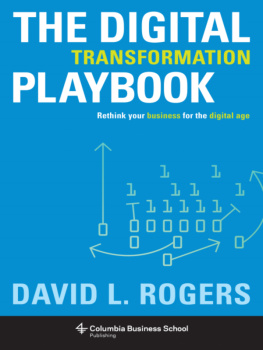
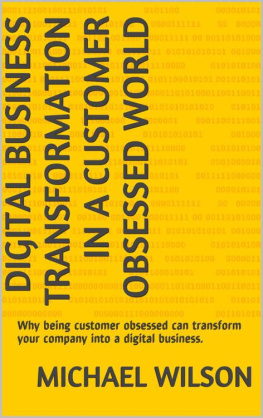



 Soichiro Takagi is an Associate Professor at Interfaculty Initiative in Information Studies at The University of Tokyo. He also serves as a fellow at the Art Center of The University of Tokyo and a senior research fellow at Center for Global Communications (GLOCOM) at International University of Japan (IUJ). Through his career, he served as a Professor and the Director of Blockchain Economic Research Lab at GLOCOM, and an Asia Program Fellow at Harvard Kennedy School, etc.
Soichiro Takagi is an Associate Professor at Interfaculty Initiative in Information Studies at The University of Tokyo. He also serves as a fellow at the Art Center of The University of Tokyo and a senior research fellow at Center for Global Communications (GLOCOM) at International University of Japan (IUJ). Through his career, he served as a Professor and the Director of Blockchain Economic Research Lab at GLOCOM, and an Asia Program Fellow at Harvard Kennedy School, etc.